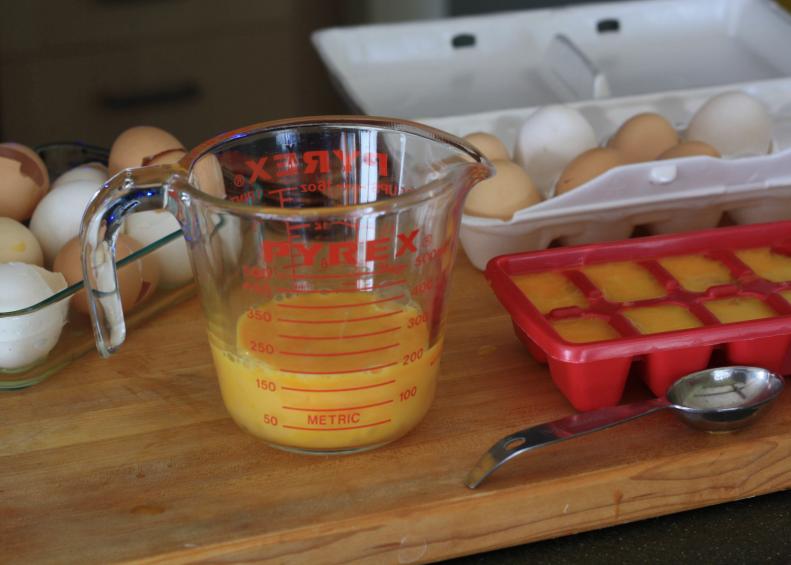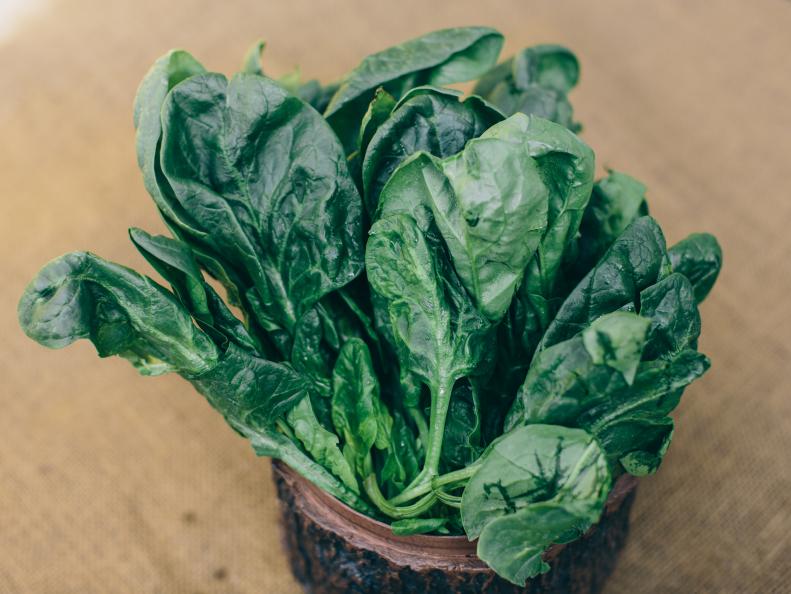1 / 35
How to Freeze Just About Anything
Freezing is a great way to extend the life of perishable items, whether produce you buy at the store or that bumper crop of spinach from the garden. You can also hold over eggs and milk by freezing. Read on for great tips on freezing everything from strawberries to milk, green beans and so much more.









